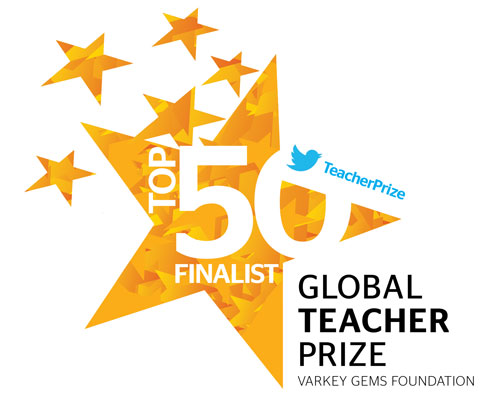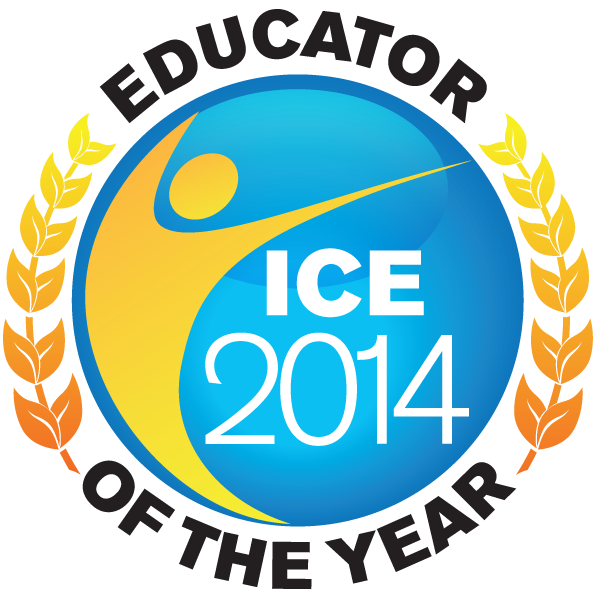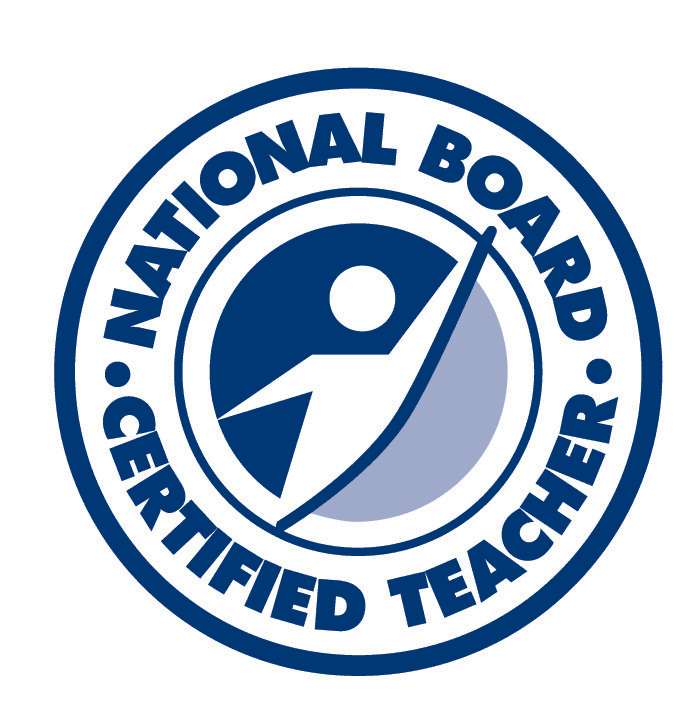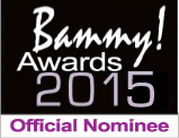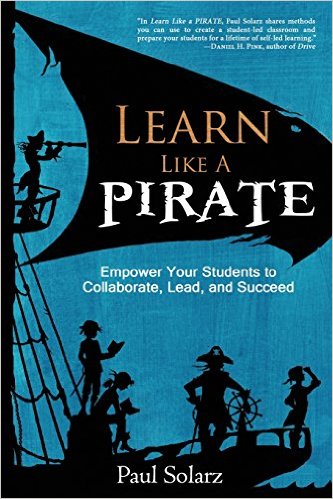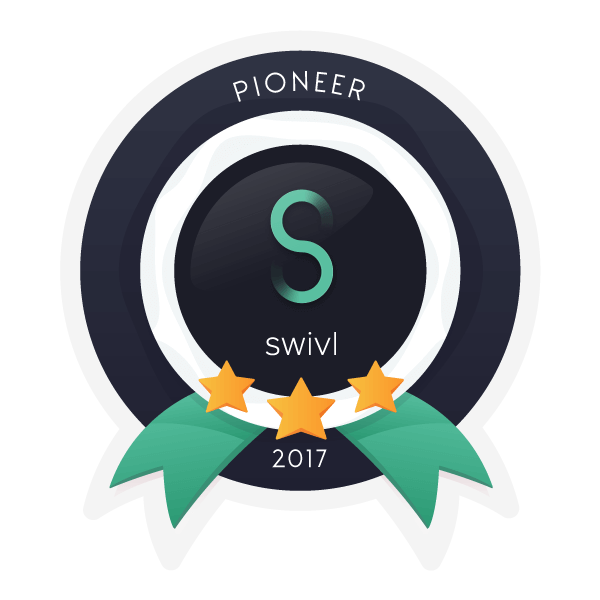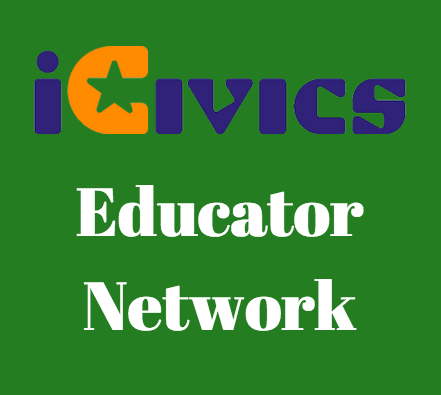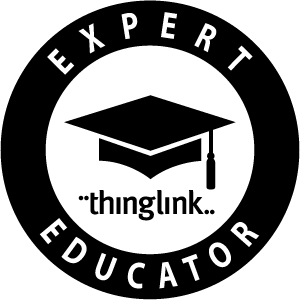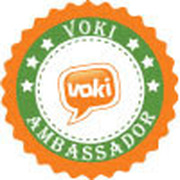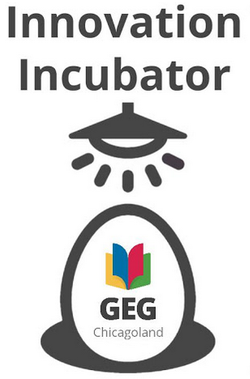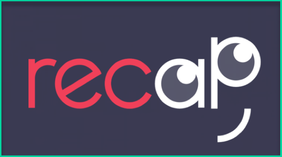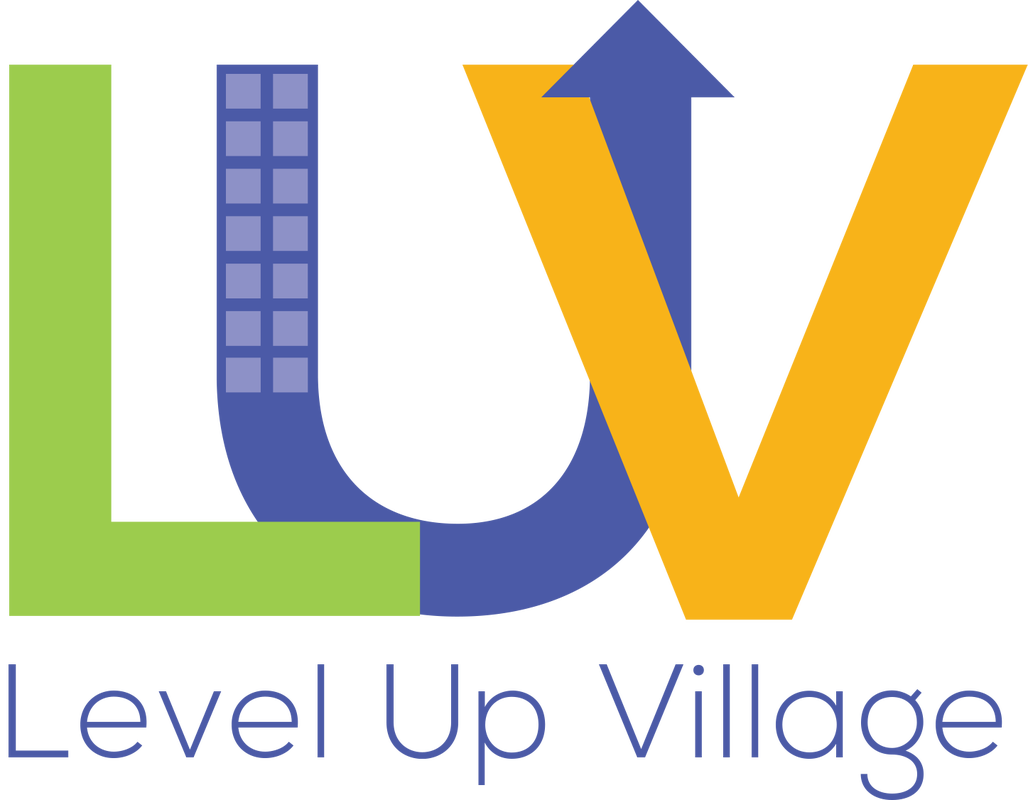Not everything in this blog post will show up on the email, so please click on the title to go to the web page! Thanks!
Grammar (Parts of Speech)
Not always the most exciting subject to teach, I've put together various online games, videos, and songs that will help your child understand how each part of speech works and created an assessment to determine how well they learned the information at the end of each session. No worksheets here!
Ask your child how SOCRATIVE worked as an online assessment tool and how they were asked to take the quiz as many times as they needed to in order to show understanding (within 20 minutes). We should end this unit on 9/14 and then begin Narrative Writing the following week. Check out all of our lessons here: paulsolarz.weebly.com/grammar |
|
History Alive Ch. 1 - Geography
History Alive is a program I discovered over 10 years ago and ended up encouraging the district to adopt for grades 4-5. It replaced our old, complicated social studies textbooks and provided teachers with fun, hands-on learning experiences and short, informative readings for the students, all while still teaching the Big Ideas and most important information!
This chapter helps students answer the following Essential Question: What can geography teach us about the United States? They do this through activities that help students learn important geography terms like latitude & longitude, cardinal directions, tributaries & gulfs, etc. All of this will help us prepare to do Mystery Skype's with other classes around the world in the coming months. Here is how we will do Mystery Skype in our classroom. |
|
Math in Focus Ch. 1 - Adding & Subtracting Large Numbers
|
Following the philosophy and teaching methods of the Singapore Math model, students are learning how to borrow, carry, and regroup. Students began by using chips and place value mats, but have moved on to doing things more abstractly at this point.
There are three standards being assessed on this chapter test:
|
|
MindYeti - Mindfulness in the Classroom
|
The focus of my last blog post was all about the free app called "MindYeti" created by the same company that makes our Social-Emotional program called Second Step that we'll be starting soon as well.
We use MindYeti every day in the middle of our afternoon to calm our bodies & minds and to help us concentrate better during our last lesson of the day. Students are already raving about how it's helping them and I'm honestly noticing a better end to our day! I'm no expert in mindfulness, but I like what I see so far! My students last year really enjoyed it as well! Check out the blog post here: paulsolarz.weebly.com/parents-newsletter/mindfulness-in-the-classroom-mindyeticom |
Whole Class Novel - "Fish in a Tree"
|
Each school year, I like to start the year with a novel that I read aloud to the kids while they read along. The main purpose is to allow the novel to help me create a classroom community that teaches children to embrace each others' differences, learn respect and empathy, and begin to build our family-like atmosphere. In addition, it allows me to teach reading comprehension strategies, questioning techniques (Signposts from Notice and Note), and story elements.
For the past few years, I enjoyed reading "Wonder" to my fifth graders, but I thought that book would be better off staying in 5th grade for those kiddos (and yours next year!), so I chose a book with a similar message: "Fish in a Tree." Ally is the main character, and she has dyslexia and considers herself to be dumb. Between the book and our "Marble Theory" meeting, students discover that we all have amazing gifts and talents, but that we're all different so when we compare ourselves to each other, we may feel dumb or less talented. Please reinforce this message at home with your child as they discover their strengths and weaknesses. Thanks! |
|
Science - Our Geosphere
|
The science unit we learn about in the Fall Trimester is called "Our Geosphere" and deals with earth science, specifically geology. So far, we've learned about weathering, erosion, abrasion, deposition, the three rock types, and landslides. We've done so by completing the lessons in our Science Companion curriculum and by supplementing with activities from Mystery Science and online videos.
Although landscapes on Earth are constantly changing, students may not notice those changes because they happen so slowly. Students begin the Our Geosphere topic by focusing on the changing landscapes in their school environment. They explain that water, wind, ice, and gravity are forces that shape landscapes. Throughout the remaining lessons, they explore how weathering, abrasion, erosion, and deposition can shape the landscape. They focus on the crosscutting concept of Cause and Effect as they explain what happens to rocks over time when they abrade each other as well as what happens when glaciers move over landscapes. They also plan and conduct investigations to model the effects of erosion by either water or wind. They control variables, collect data over multiple trials, and compare data that provides evidence to explain the phenomena they observe. |
|
DQWorld - Internet Safety and Digital Citizenship Training
|
Since we'll be using computer a lot this year and next, students need to be trained to use them safely. DQWorld helps me teach them the importance of internet safety, avoiding cyberbullying, and creating a positive digital footprint. Check out the website for yourself: us.dqworld.net/#!/landing/whatisdqworld
Also, check out the DQWorld Parent Portal to download resources & discover what kind of "digital parent" you are with your children: whatsyourdq.org/
|
|
SchoolToolsTV with Rusty May - A Daily Social-Emotional Tip!
|
I used this resource every day last year with my students and found that they truly became more caring, empathic students who respected each other and appreciated each other's differences! I hope to see similar results this year with this amazing group of 4th graders!
From schooltoolstv.com/: Teaching requires a healthy relationship between the teacher and student. The better the relationship, the better the results. Bullying happens when children feel disconnected. The better the connection, the better the results. Social skills like respect, responsibility and resiliency are necessary in order for learning to take place and must be taught and modeled by the classroom teacher. The better the social skills, the better the results. In just a few minutes each day, we can help lift the entire class socially, emotionally and academically which will give you better results. |
International Dot Day - Friday, September 14th
|
Check out the lesson here: paulsolarz.weebly.com/projects--mini-lessons/international-dot-day-september-15th-ish
|
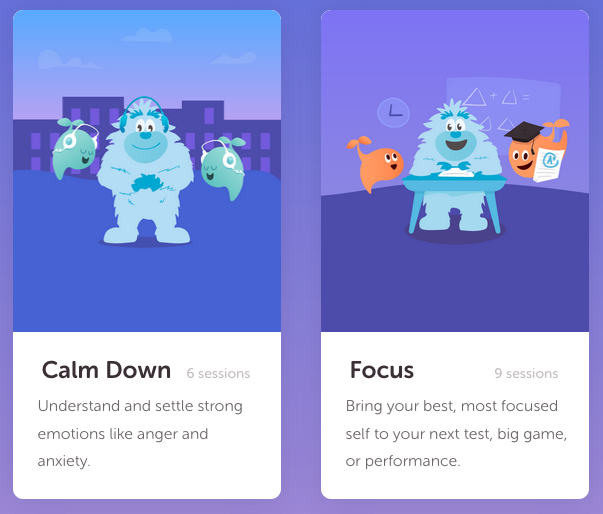

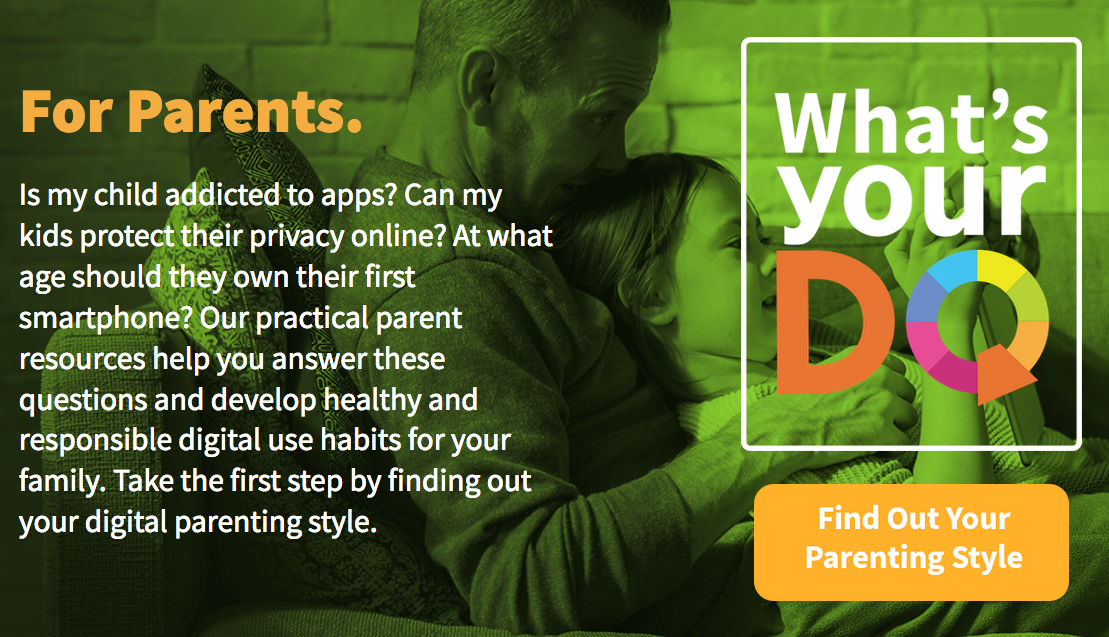

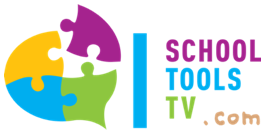
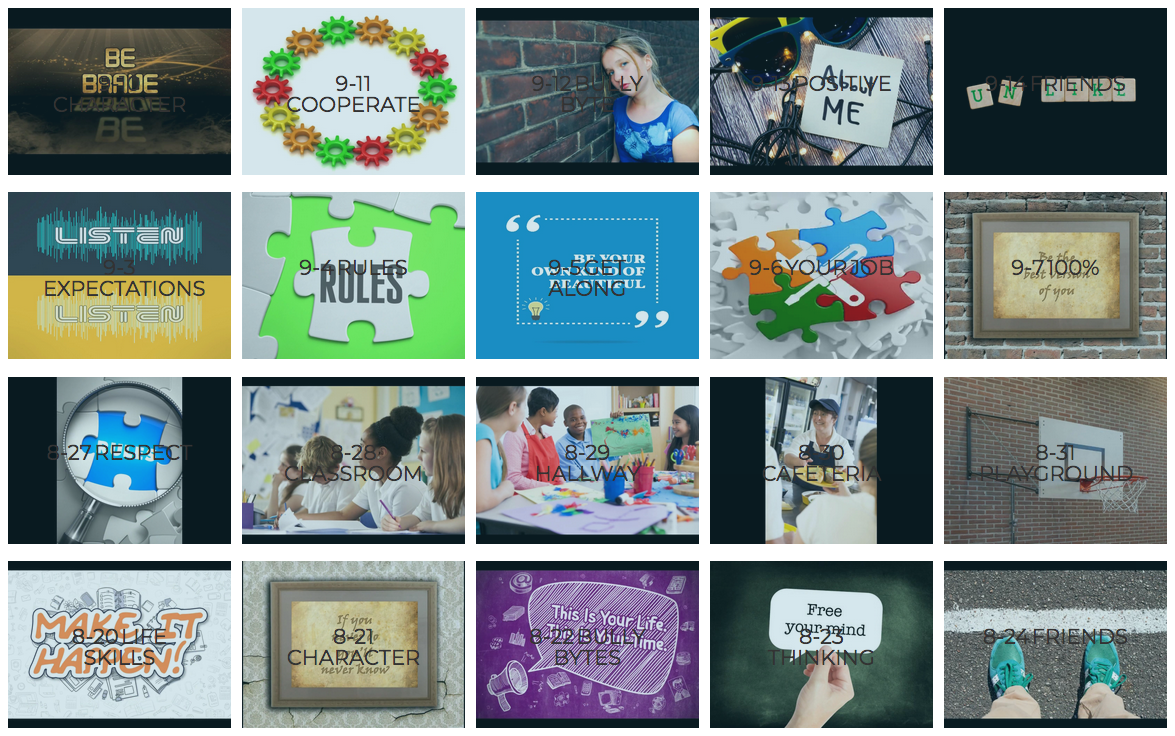
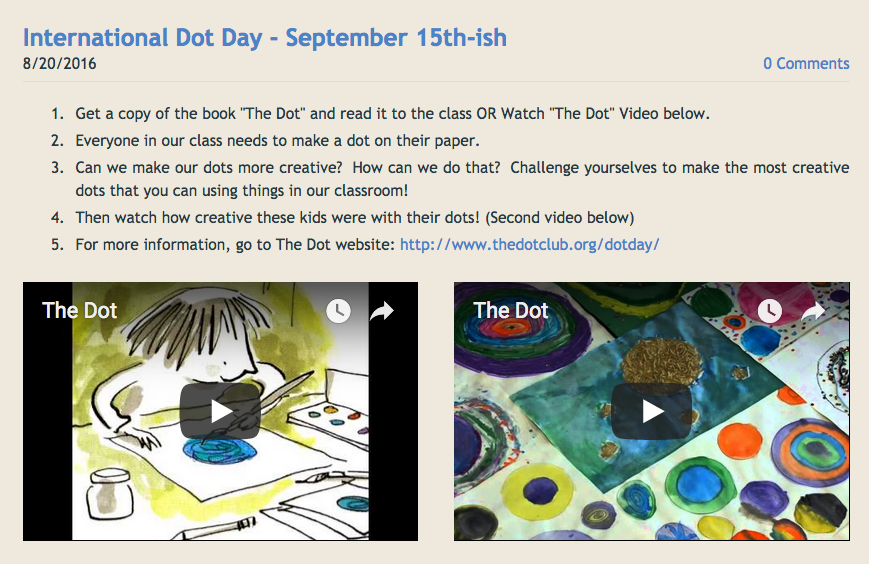
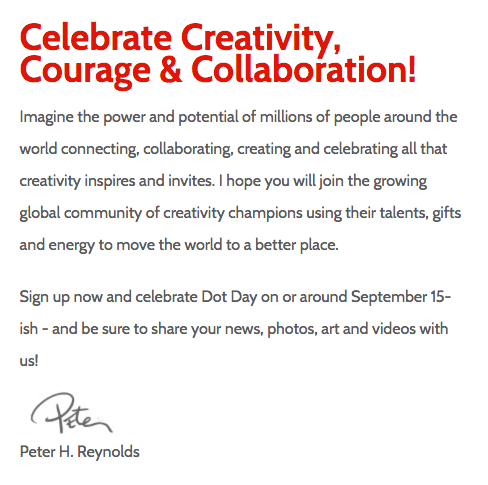

 RSS Feed
RSS Feed
